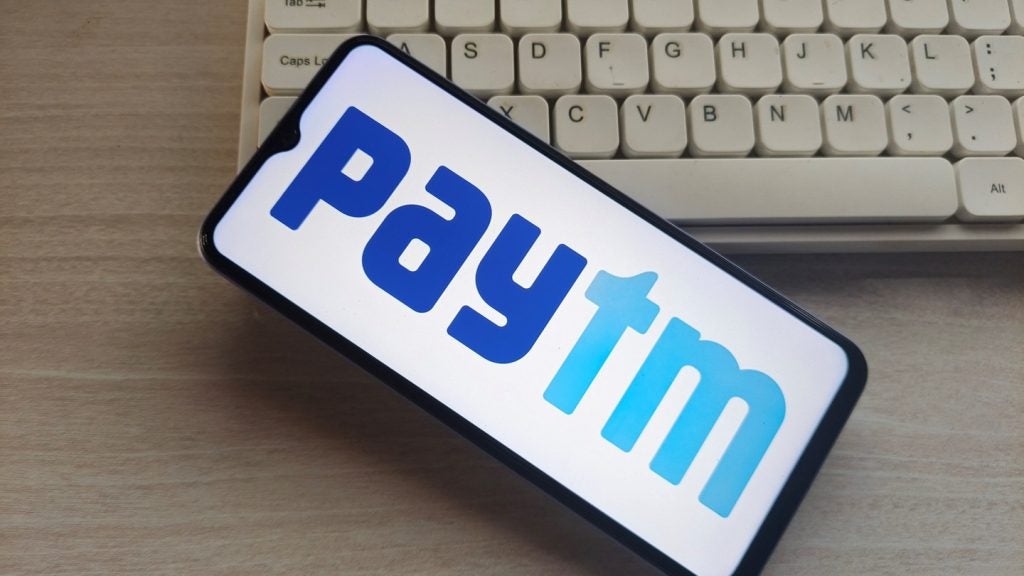
Cross-border payments are becoming increasingly important to international economies. Around 63% of global consumers use international real-time payments (RTPs) services to send money to family and friends and 51% use them only to pay for goods and services, according to the 2024 Financial Services Consumer Survey conducted by GlobalData, publishers of RBI.
The G20 roadmap for enhanced cross-border payments aims to improve the speed, access, transparency, and cost of international payments by 2030. In its most recent update in October 2023, the Financial Stability Board reports there is a shortfall against G20 targets in the proportion of retail services that make funds available to the consumer in an hour (42% vs target of 75%) and in one business day (76% vs target of 100%).

Access deeper industry intelligence
Experience unmatched clarity with a single platform that combines unique data, AI, and human expertise.
Benjamin Hatton, Banking and Payments Analyst at GlobalData, comments: “Real-time payments have become commonplace among domestic payment services. Not only are they considered superior to traditional methods because of their speed, but these services are typically available 24/7, reduce transaction costs, and ease liquidity management for businesses. They also represent the next major step for cross-border payment services, as the volume of cross-border payments also ramps up over the coming years.”
GlobalData estimates that the total volume of cross-border transactions in Europe alone will increase by 58% between 2023 and 2028
A number of international initiatives, such as ‘Immediate Cross-Border Payments’ developed by The Clearing House in the US, EBA Clearing in Europe, and SWIFT, to create a 24/7 USD-EUR payments corridor, are in development to improve cross-border payments.
Hatton continues: “As these developments and initiatives continue, the tradeoff between the ease of creating multilateral channels and the scalability of a truly global system will get harder to overcome. The failure of pan-Nordic initiative P27 illustrates the challenge of collaborating on and executing the vision of a cross-border settlement scheme across jurisdictions. The push for digitalisation of consumer payment methods will be key in driving down costs and improving transfer speeds.”
Hatton concludes: “Simplicity and speed of the transfer process is the most important factors for consumers when choosing a cross-border payment provider. While progress has been tangible, there is clearly scope to improve these measures and further reap the rewards from delivering these services.”

US Tariffs are shifting - will you react or anticipate?
Don’t let policy changes catch you off guard. Stay proactive with real-time data and expert analysis.
By GlobalData






